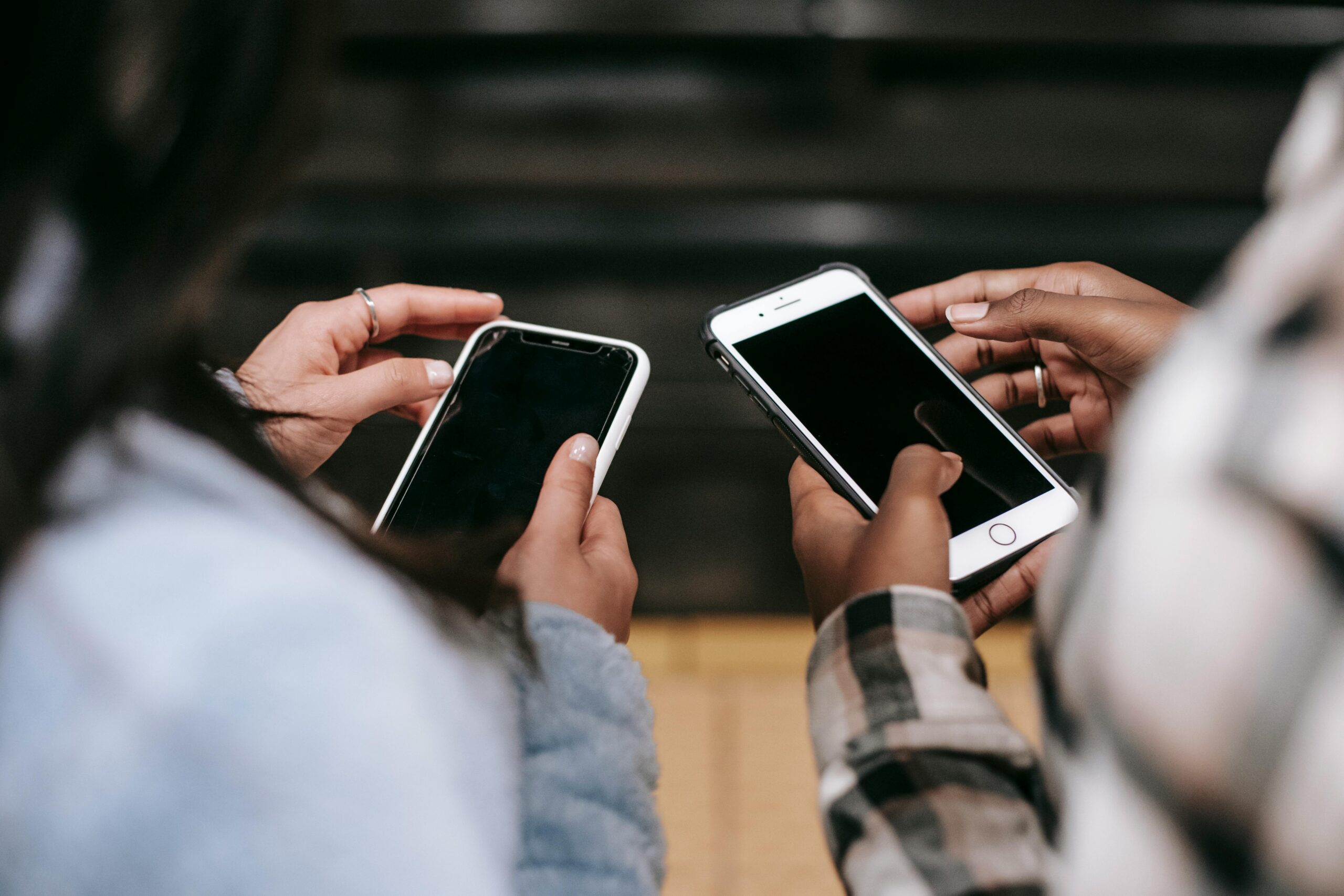
This global pandemic has been rough on women and mothers especially. Not only are record numbers of women leaving the workforce, compared to men, but now we are seeing adverse affects on various health issues.
Working from home has meant a huge shift in the way people take care of their health and access healthcare and resources. When it comes to menstruation, the pandemic has only exacerbated it for many women.
45.3% of women taking part in an online survey conducted by Mooncup this January say that their PMS symptoms (such as mood swings, bloating, hormonal acne, irritability) have got worse during the pandemic and subsequent lockdowns. Only 10.8% say their PMS symptoms have improved. 520 participants took part in this research, conducted through Facebook. This is a representation sample of 11,5 million female population aged 18-44 years in the UK.
A whopping 79% of participants report a change in their overall period experience since the start of the pandemic: 42.8% saying their experience has been worse and 36.2% better.
The respondents stated stress and anxiety (39.1%) and working from home (33.8%) as the main factors impacting their period experience. The respondents commented on how the stresses of home schooling; redundancies; and business or money worries had changed their period experience for the worse.
On the other hand, many were grateful to be working from home: being able to use a hot water bottle to alleviate period pains and not having to worry about leaking or being caught out in a workplace. Exercise, or lack of, also made a difference: 11% of respondents believed that the change in how they exercise had impacted their period.

Two thirds report a change in their cycle
Most survey participants had experienced a change in their menstrual cycle during this time with only 34.2% reported no change. The changes varied from changes to their menstrual flow (21.5%), cycle length (23.2%), as well as people saying that their periods had stopped (2.3%) or come back (4.7%) since the pandemic started.

The different lifestyle within the pandemic has also allowed over half (53.4%) of respondents to change or considered changing the type of menstrual product they use. The drivers for this change are the “comfort of trying something new at home” and “environmental reasons” – both cited by 62.5% of respondents. These were followed by “chance to stop and reconsider your habits” (24.4%), being “more conscious about your health” (22.5%) and financial reasons (21.6%).
“This survey offers great insights into just how interlinked our physical and mental health are with our menstrual cycle. It’s also clear that periods are still a taboo in a workplace and working from home is offering some of us the freedom to look after ourselves during those days when a hot water bottle and a different tempo is what we need most. Meanwhile we’ve heard from women working on the frontline- and how difficult it can be to manage periods on long shifts, and for some in full PPE,” Kath Clements, Mooncup Ltd. Director, said in a press statement.
“For many, slowing down has clearly given an opportunity to reset and reconsider their choice of period products. While many of us are understandably concerned about our health, we haven’t forgotten about our environmental impact either. The strong online sales of the Mooncup® back this up: we’ve seen 118% increase in the UK online sales in early 2021 with the biggest increase (305%) coming from the younger age group of 18-24 year-olds,” she continued.
Mooncup has been empowering people to have a choice over their own bodies and periods since 2002. It is a high-performance cup designed for comfort and reliability, made from the highest quality materials.
The global focus on more accessible period products, the de-stigmatizing of menstruation in general, and the need to improve the education around certain health issues such as menstruation is more important than ever, as this survey shows us. As the Pandemic rages on, we need to see more progressive measures being taken to address our health.

















